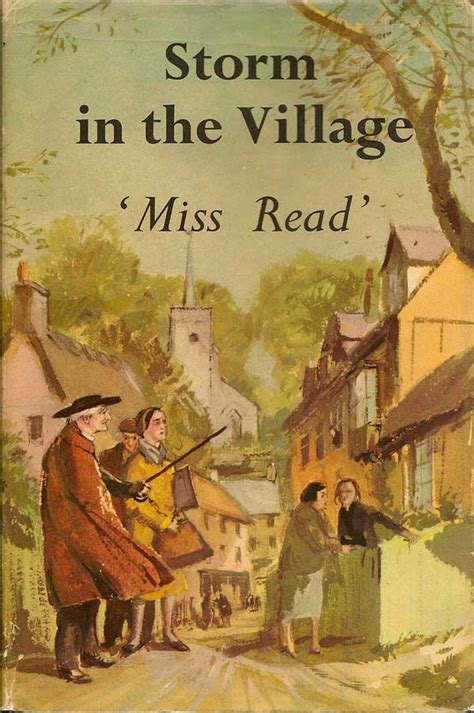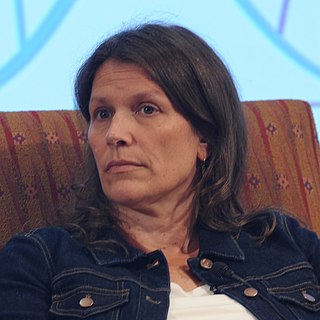A Quote by Rinko Kawauchi
People often say that I have a child's eye. For example, I stare at ants gathering around sugar, or when I seek shelter from the rain, I gaze upon snails. These are things which you often do when you are a child aren't they? I have a very similar sensibility to that.
Related Quotes
When you are a child, you often stare too closely at the wrong thing. I remember the first time I was taken to Yankee Stadium. Someone had spilled something sweet earlier in the day and the ground was covered with ants. I spent the whole game staring at the ants, and that was more fascinating than the game.
A mother should have some fantasy about her child's future. It will increase her interest in the child, for one thing. To turn the fantasy into a program to make the child fly an airplane across the country, for example, isn't the point. That's the fulfillment of the parent's own dreams. That's different. Having a fantasy - which the child will either seek to fulfill or rebel against furiously - at least gives a child some expectation to meet or reject.
Making a film is like raising a child. You cannot raise a child to be liked by everyone. You raise a child to excel, and you teach the child to be true to his own nature. There will be people who'll dislike your child because he or she is who they are, and there will be people who'll love your child immensely for the very same reason.
If army ants are wandering around and they get lost, they start to follow a simple rule:Just do what the ant in front of you does. The ants eventually end up in a circle. There's this famous example of one that was 1,200 feet long and lasted for two days; the ants just kept marching around and around in a circle until they died.
The loss of seriousness seems to me to be, in effect, a loss of hope. I think that the thing that made people rise to real ambition, real gravity was the sense of posterity, for example - a word that I can remember hearing quite often when I was a child and I never hear anymore. People actually wanted to make the world good for people in generations that they would never see. It makes people think in very large terms to try to liberate women, for example, or to try to eliminate slavery.
When I was a child, my behavior was far from being what most people would label 'intelligent.' It was often limited, repetitive and anti-social. I could not do many of the things that most people take for granted, such as looking someone in the eye or deciphering a person's body language, and only acquired these skills with much effort over time.
it seems to me that grandmothers have a very special place in the affections of young children. Not obliged, as parents are, to provide food, shelter, protection, advice and discipline, day in and day out, they can afford to be much more easy-going. The unexpected present, the extra outing, the little treat of a favourite meal prepared especially to delight the child and, above all, the time to listen to youthful outpourings, all make a grandmother a loved ally. It is hardly surprising that the bond between grandmother and grandchild is often stronger than that between parent and child.
If I was going to sum up my approach to this whole mind issue, I would say this: the question is often formulated in a very bad way - for example, by posing the question in terms of stuff. It's better to start with the things we do know: for example, that there are people and other thinking creatures, who have mental capacities. Our next step should be to say something about these capacities.
People often say that you should never work with child actors. I think that's all wrong. Children have not had the imagination kicked out of them by life experience and adulthood. So, they still are very much alive with that kind of magical thinking which enables an actor to believe they're in these circumstances and make them real to you.




































